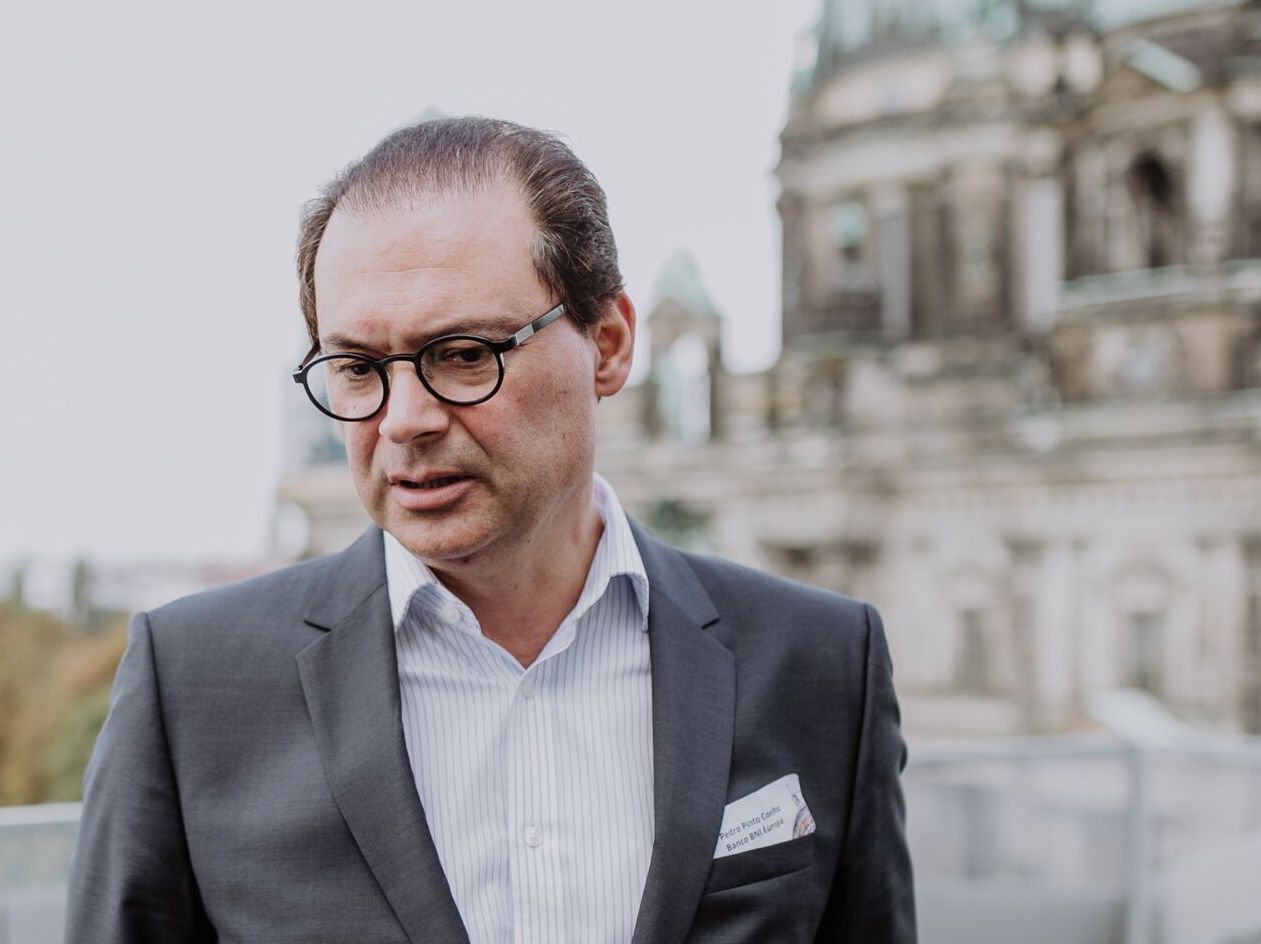 We caught up with Pedro Pinto Coelho, Chairman and Chief Executive of BNI Europa, at our recent Banking Conference in Berlin. BNI’s term deposits are currently available on our German and Austrian platforms, and as a distribution partner the bank also makes Raisin products available to their customers.
We caught up with Pedro Pinto Coelho, Chairman and Chief Executive of BNI Europa, at our recent Banking Conference in Berlin. BNI’s term deposits are currently available on our German and Austrian platforms, and as a distribution partner the bank also makes Raisin products available to their customers.
We took the opportunity to ask him about BNI, working with Raisin, and how he sees the banking industry developing in the future.
Introduce us to BNI: what’s your core mission?
BNI Europa is a pan-European bank based out of Lisbon Portugal and our mission is to provide niche products that are in line with our clients’ needs. We also invest heavily in marketplace lending platforms and, with the help of Raisin, we’ve been able to grow our balance sheet by raising deposits across Europe, starting in Germany and Austria.
What are the benefits of a partnership with Raisin?
The partnership with Raisin is important for us because I think it works both ways: on the one hand, we diversify beyond the typical domestic deposit base. So we manage to have a more international deposit base and in different currencies. On the other hand, we help our clients diversify their country risk away from Portugal into other markets.
The partnership with Raisin is important for us: we diversify beyond the typical domestic deposit base, and we help our clients diversify their country risk into other markets.
What has it been like for BNI working with fintechs more generally?
We have different types of partnerships. With one sort we typically support the origination of loans from fintechs, and obviously there, we need to monitor the quality of the credit risk that each platform has. From other fintechs we actually acquire better technology to update our procedures and processes and make us more competitive. We have a number of partnerships with fintechs, mostly related to technology that allows us to grow faster and to improve user experience for our clients. Then the third leg relates to increasing the spread of products. We can make a partnership work when we don’t have to develop everything in-house to provide a certain financial product: if someone provides factoring for instance, we’re able to partner with them, taking care of the origination and underwriting while they do the servicing and credit analysis. Those are just some examples of partnerships we have.

The new challenger banks like BNI, who started with no legacy and already focus on specific niches, have a head start.
Have you observed an increased openness in Portugal to fintech?
In fact, our success with Raisin, where we were very effective in raising deposits, came to the attention of a number of other players in our market — attracting new clients to Raisin.
Thank you!
You’re welcome.
Looking forward, what do you see as the most important changes in banking?
I think the big change is that clients are becoming more and more demanding. Since there are more companies specializing in certain segments — such as Raisin providing solutions for clients’ liquidity issues, and others creating financial alternatives specific to other problems — there’s more competition and the existing model of universal banking is becoming obsolete. The incumbent banks now have to catch up, to think about what they are really good at and focus on that area. I think the new challenger banks like us at BNI, who started with no legacy and already focus on specific niches, obviously have a head start because that’s going to be the future.
Since there are more companies specializing in certain segments — such as Raisin providing solutions for clients’ liquidity issues — there’s more competition and the existing model of universal banking is becoming obsolete.

Many thanks to Pedro Pinto Coelho for joining us in Berlin and taking the time to talk with us! We look forward to a continued fruitful collaboration with BNI Europa.


